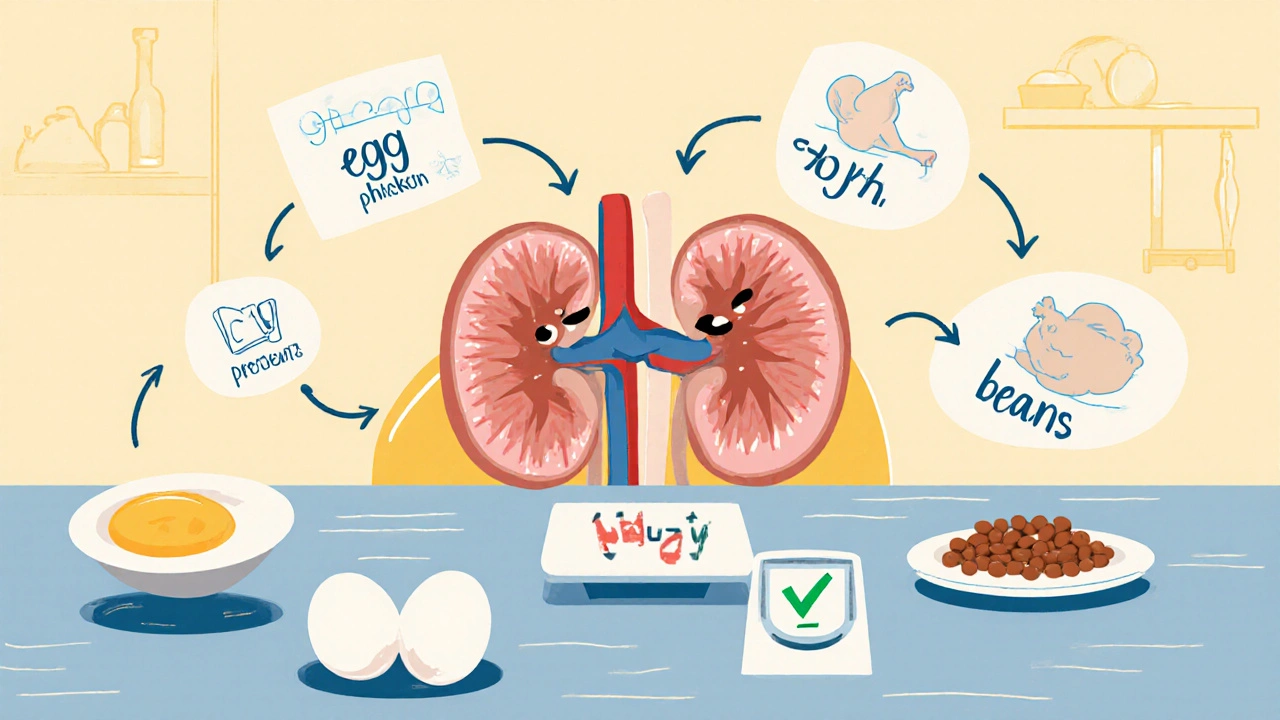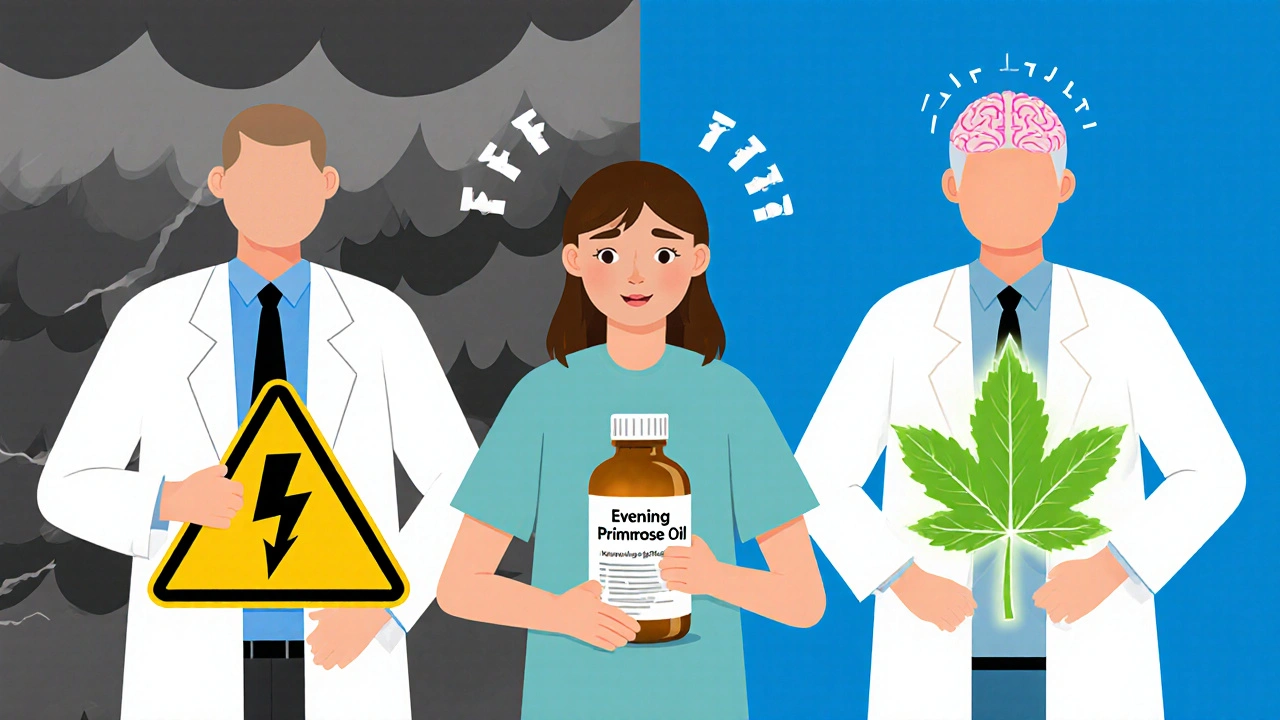Category: Health and Wellness - Page 2
Renal Nutrition: Protein Targets for CKD Stages Explained

Learn the right protein targets for each stage of chronic kidney disease. Discover how much to eat, which sources are best, and how to avoid muscle loss while protecting your kidneys.
- November 13 2025
- Tony Newman
- 9 Comments
Ginkgo Biloba and Blood Thinners: What You Need to Know About Bleeding Risk

Ginkgo Biloba may seem harmless, but it can dangerously increase bleeding risk when taken with blood thinners like aspirin, warfarin, or clopidogrel. Learn what you need to know before taking it.
- November 1 2025
- Tony Newman
- 8 Comments
Post-Menopausal Women and Medication Changes: What You Need to Know for Safety

Post-menopausal women face unique medication risks due to hormonal changes and polypharmacy. Learn how to safely manage hormone therapy, avoid dangerous drug interactions, and reduce side effects with practical, evidence-based strategies.
- October 30 2025
- Tony Newman
- 9 Comments
Evening Primrose Oil and Seizure Risk: What You Need to Know About Antipsychotic Interactions

Evening primrose oil may increase seizure risk when taken with antipsychotics, but evidence is conflicting. Learn who should avoid it, what the science says, and safer alternatives for PMS and eczema.
- October 28 2025
- Tony Newman
- 8 Comments
Effective Geriatric Polypharmacy Interventions to Cut Adverse Events

Learn practical, evidence‑based strategies to curb geriatric polypharmacy, lower adverse drug events, and improve outcomes through comprehensive medication reviews and deprescribing.
- October 25 2025
- Tony Newman
- 8 Comments
Incontinence & Cultural Differences: How to Understand and Respect Varied Beliefs

Learn how cultural beliefs shape incontinence care, reduce stigma, and provide respectful, effective support across diverse communities.
- October 23 2025
- Tony Newman
- 7 Comments
Long-Term Effects of Enteric Infections on Your Body

Explore how enteric infections can cause chronic gut issues, nutrient deficiencies, autoimmune triggers, and increased cancer risk, plus strategies to prevent and recover.
- October 12 2025
- Tony Newman
- 12 Comments
Why Palliative Care Matters for Idiopathic Pulmonary Fibrosis Patients

Explore why palliative care is essential for idiopathic pulmonary fibrosis patients, covering symptom relief, multidisciplinary support, advance care planning, and access options.
- October 11 2025
- Tony Newman
- 11 Comments
How to Reduce Swelling After an Injury and Speed Recovery

Learn fast, science‑backed ways to reduce swelling after an injury, from the RICE basics to nutrition tips, so you can recover quicker and get back to daily life.
- September 30 2025
- Tony Newman
- 10 Comments
Dating with Low Libido: Practical Tips for Healthy Relationships

Learn how to manage low libido while dating and keep relationships strong. Get communication strategies, therapy options, lifestyle hacks, and a practical checklist.
- September 27 2025
- Tony Newman
- 10 Comments
